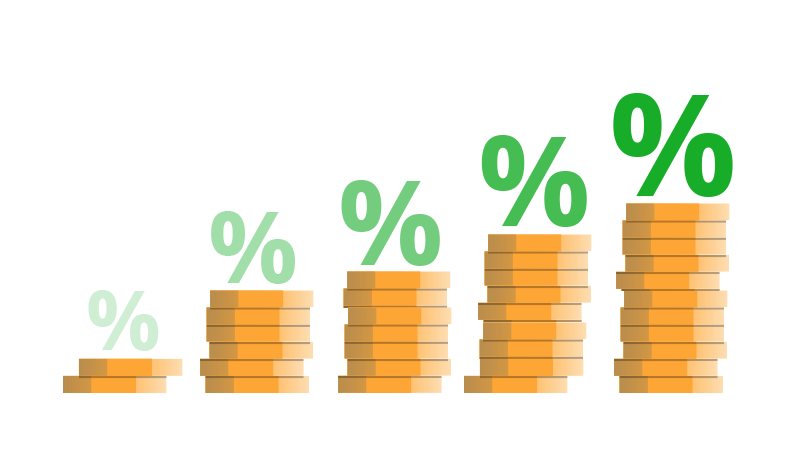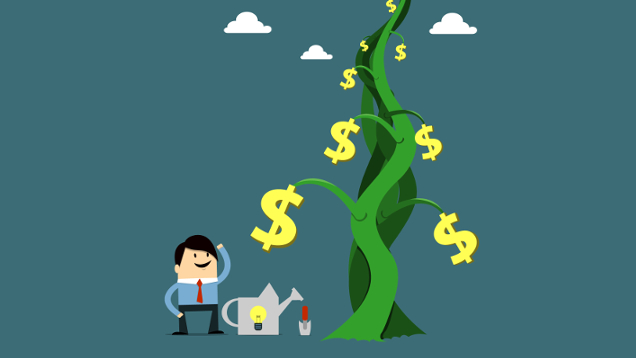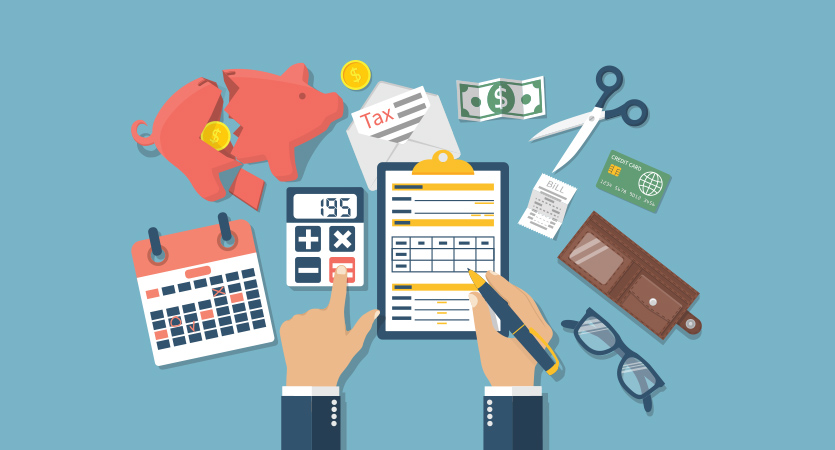One of the most significant parts of parenting is financial security. I am convinced that you will be able to impart good manners, great values, and healthy eating habits in your children. Can children, however, be taught financial security? Do you know what to say to them about money?
I recently had the chance to speak with Mike Zisa. He is currently a financial consultant and a teacher at Pennsbury High School in Bucks County. Zisa’s first book is titled “The Early Investor: How Teens and Young Adults Will Become Wealthy.” We talked about our local kids and the need — and rarity — of high school financial education. Lisa talked about the most important things that every secondary school student should remember once they graduate.
1. Saving money does not imply spending it.

Saving requires placing money into bank accounts in the form of deposits, checks, or cash. Cash deposits, including short-term certificates of deposit, may be included as well (Certificate of Deposits). Investing can even make your money extremely secure and conveniently accessible. Investing is the act of acquiring assets such as stocks, shares, real estate, and other investments that are projected to increase over time with the use of cash. Investing your money was your best performance in your career.
2. Use compound interest to your advantage.

Compounding is the process by which your savings and dividend income produce more returns. In other words, aggregation is the process through which money is converted into revenue. Compounding allows money to expand exponentially! The younger you are, the more opportunities for collaboration there will be.
3. Start investing early.

At this moment, Zisa is emphatic. It was the impetus for him to write his book. The sooner you start investing, the longer you will have to wait for the long-term benefits of combining to develop wealth. Consider this: if you begin spending $3,000 each year at the age of 25, and the average yearly growth rate is 6%, you will have around $680,000 by the age of 65. If you are 35 years old, you are worth $260,000. Time is the most important element influencing long-term wealth growth. Begin investing right away.
4. Avoid buying something you can’t afford.

We now live in a world that demands and craves things. There is nothing wrong with squandering money; but, there is something wrong with failing to spend it. Your spending does not contribute to the accumulation of debt, which will eventually lead to financial catastrophe.
5. Use credit cards with caution.

Credit cards will almost certainly play an important role in your financial life. Credit cards might also cause financial problems. Many people have used credit cards to buy superfluous and frivolous products in order to avoid major debt. It is vital to recognise that when you use a credit card, you are borrowing money that must be repaid. A few key items to remember about credit cards:
- Pay the balance in full by the due date;
- If you do not pay the total amount in full, you charge outrageous interest charges.
- Avoid using a credit card to buy anything unless you have the means to pay for it.
- Keep a look out for low introductory interest rates and well-balanced promotions.
- Scan the print on the credit card (the tiny image that you do not want to read).
6. Rather of debt, invest in real estate.

Purchase products that will create cash for you rather than ones that will lead you to develop debt! For example, when you buy a stock that pays a quarterly dividend (a proportion of the company’s profits), you earn money for doing nothing. You will get interest payments every six months if you secure a mortgage. This is referred regarded as “passive profits.” On the other hand, if you obtain any form of loan, you have already incurred debt that must be repaid with interest. Naturally, loans such as a mortgage may be required to acquire a first home or even an automobile. Other types of debt, on the other hand, increase your commitments and limit your potential to create wealth.
7. Make a budget to save money for a rainy day.

A budget is basically a monthly forecast of expected revenue and expenditures for a given period of time in the future. You can track how much money you spend on various things and services by making a timeline. The monthly development of a cash account, referred to as an emergency fund, is a vital budget component. An emergency fund is money set aside to cover the expenditures of an unforeseen life event. The emergency fund should ideally contain three to six months’ worth of living costs. The emergency money should be kept in insecure, immediately available assets such as a certificate of deposit (CD), a bank account, or simply a savings account.
Zisa argues that the path to financial security begins at a young age. Parents, like other aspects of parenting, should set a good example for their children in terms of financial literacy. You and your children will be saved if you live above your means and adopt the behaviours required for a less exhausting and rewarding living.